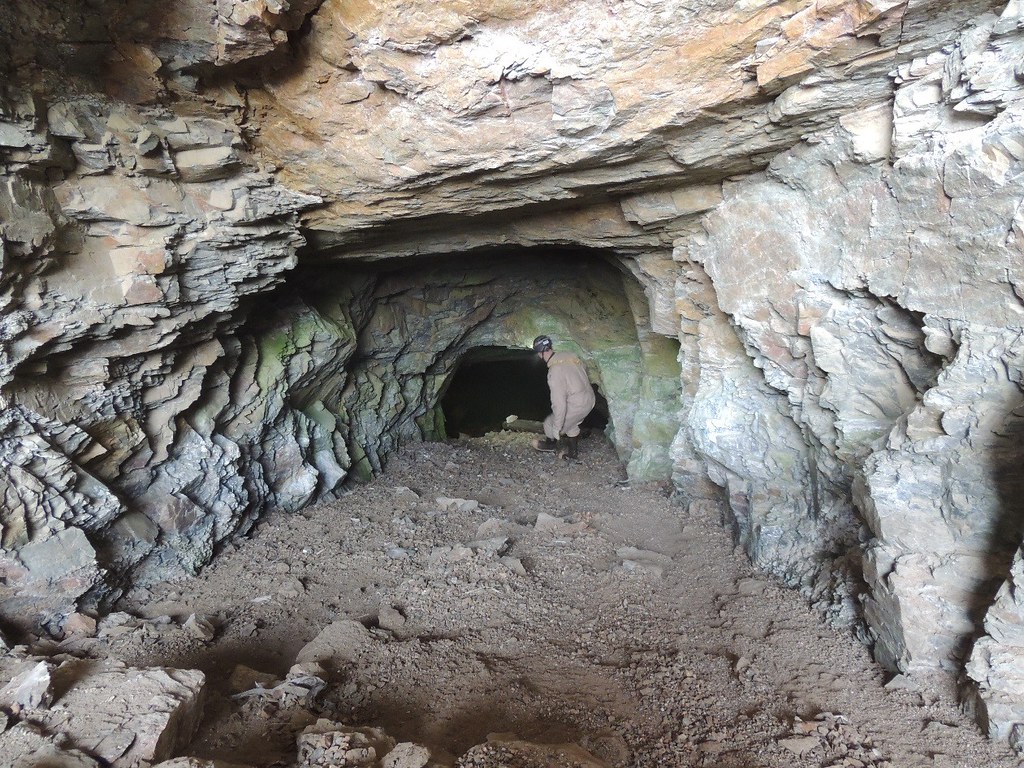This article was originally published in Colorado Politics.
Throughout the West, abandoned mines, including an estimated 23,000 in Colorado, release toxic pollutants into the environment every day, impairing water quality, fouling fish habitat, and undermining public health. Conservation groups, mining companies, and other private parties would voluntarily clean up many of these mines, but federal policy makes it excessively risky and expensive. A bipartisan bill introduced in the Senate last week would, if enacted, address these obstacles and unleash Good Samaritans to restore the environment.
Nationwide, there are an estimated 140,000 abandoned mines on federal, state, and private land. Their impact on the environment is significant. Fully 40 percent of western headwater streams are impaired by the heavy metals and other toxins slowly released from these mines. Pollution from abandoned mines is, according to Chris Wood, President of Trout Unlimited, “the single greatest and least addressed environmental problem in the western United States.”
Many of these mines date from the late 1800s and early 1900s. The individual or corporate owners are unknown, dead, or long-since bankrupt, making it impossible to put on them responsibility for cleaning up these mines. Thus, these mines simply sit, slowly leaking pollution decade after decade, . . . after decade.
Conservation groups, water utilities, mining companies, and other private parties have incentives to tackle this problem and have expressed strong interest in pitching in. For conservation groups like Trout Unlimited, cleaning up an abandoned mine can be key to restoring fish habitat and boosting fish populations. For a water utility, addressing the source of pollution may be easier and cheaper than having to treat the water for toxins downstream. And for mining companies, processing the material removed from abandoned mines is an opportunity to reclaim minerals valuable today that were discarded in the past.
In Montana’s Nine Mile Valley, Trout Unlimited has restored two miles of creek degraded by historic dredge mining. The project restored habitat for native trout, increased water supply, and made the watershed more resilient to floods and drought. In Colorado, the group and its partners have been improving the Clear Creek watershed by removing mine waste and other material outside abandoned mines. They have also been remediating effects of past pollution, including by restoring and revegetating streambanks.
While projects like these have made important contributions to environmental health, they are substantially hampered by federal laws that limit these Good Samaritans to nibbling around the edges of the problem. The biggest source of pollution on most sites, the mine itself, is often effectively off limits.
More ambitious cleanups are often covered by the Clean Water Act. Paradoxically, a law meant to clean up the nation’s waters obstructs that goal in the abandoned mine context by threatening any would-be Good Samaritan with unlimited liability for the preexisting pollution from a site, even if their only involvement is to reduce that pollution. With perpetual fines that mount by the day, this “if you touch it, you own it” policy is a non-starter for any group considering a voluntary cleanup. According to one judge on the Ninth Circuit Court of Appeals, the message this law sends to Good Samaritans is clear: “Do nothing! . . . Let the water degrade, let the fish die, but protect your pocketbook from vast and unnecessary expenditures.”
Congress has an opportunity to right this wrong. The bipartisan Good Samaritan Remediation of Abandoned Hardrock Mines Act, introduced by Senators Heinrich (D-N.M.) and Risch (R-ID) and cosponsored by Colorado Senator Michael Bennet, would authorize a pilot of 15 Good Samaritan projects to cleanup abandoned mines free of these obstacles. Good Samaritans would have to submit a restoration plan to the Environmental Protection Agency for review and prove their ability to carry it out. As long as the Good Samaritan complies with the permit, it can only be liable if its own actions make the pollution problem worse.
Incentives matter. Making people liable for the negative consequences of their own actions spurs responsible behavior. But punishing people with unlimited liability for doing good serves no purpose, other than to delay urgently needed action to improve the environment. It’s time to finally free Good Samaritans to start tackling the abandoned mine problem in Colorado and across the country.




